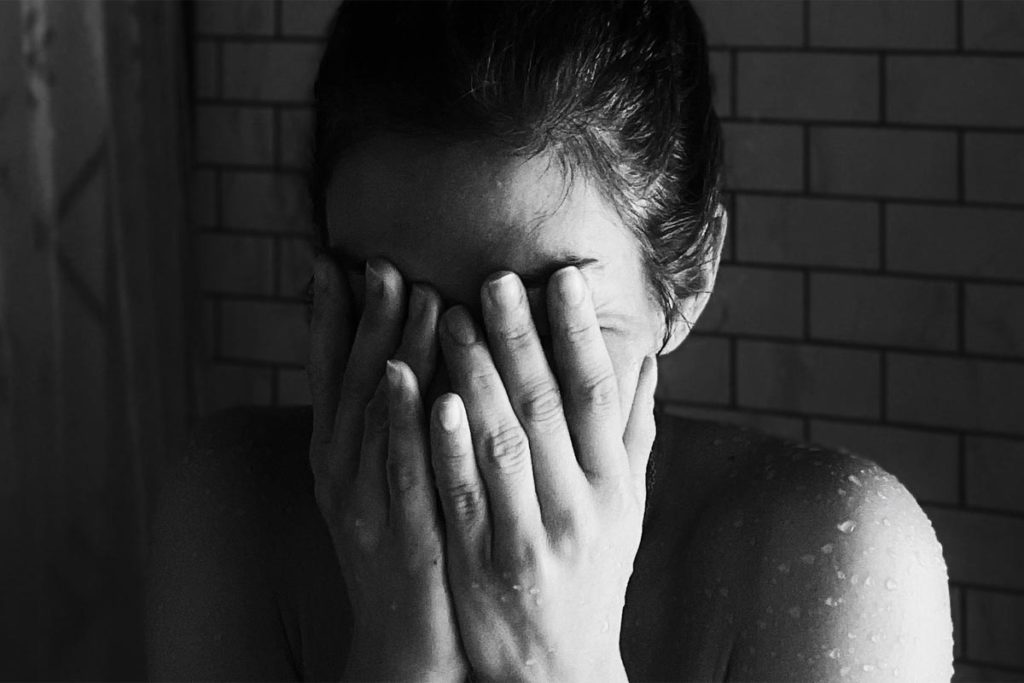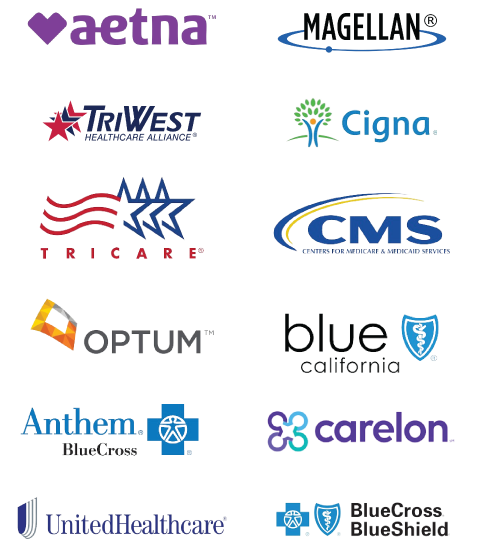
One in ten adult Americans have a panic attack every year. For most, panic attacks aren’t associated with a panic disorder – in fact, about 3% of U.S. adults have a panic disorder. At the same time, even isolated panic attacks can be intense, psychologically damaging, and traumatic. Learning how to stop or to deal with them can help you to improve quality of life – no matter what the cause is.
Panic attacks can feel like you’re dying, they can be dangerous if they occur in traffic or when you’re operating machinery, and they can make you afraid to go out, to live your life, or to be around other people – in case a panic attack hits. Learning to cope will help you get your life back and the licensed and trained staff at Compassion Recovery are here to help.
How to React to a Panic Attack
Keeping any advice in mind when experiencing a panic attack can be difficult or impossible. But, if you can, there are two tips that you can use to distract yourself from the panic attack. Of course, if you feel like you’re dying, no one will blame you for not following advice – but it’s good to keep in mind and to try.
- Look for distraction, preferably something you can do with your hands. E.g., petting a dog, fidgeting with something, washing the dishes, etc. It’s easier to ride out anxiety attacks if you can keep yourself physically grounded and doing something with your hands does that.
- Use breathing exercises to try to control how your body responds. Breathing in slowly and deeply, counting to four, holding your breath for a count of one, and then breathing out slowly through your mouth, counting to four, and then counting to one before breathing back in again is one tactic. Other people prefer to count to five on the inhale and then immediately exhale, taking 5 seconds for that as well. If you find yourself counting too fast, use a watch or your phone’s clock app.
- Start focusing on your immediate surroundings as soon as you can. Many people have an easier time if they can ground themselves in present reality. For example, what you were doing before. Or counting the number of stones or cracks in the pavement, identifying buildings in front of you, identifying birds, etc. The idea is to distract yourself into the present, so that you can reassure yourself that nothing has gone wrong.
How to Prevent Panic Attacks
You can also take steps to try to prevent panic attacks over the longer term. Normally, these steps are about living in a healthy way and reducing stress. In addition, they won’t always work, especially if your panic attacks are related to a mental health disorder or to trauma such as PTSD. However, the following steps will help.
- Take time to do breathing exercises before and after bed. Consider using a mindfulness app like Headspace if you need guidance.
- Spend 30-60 minutes 4+ days per week on aerobic exercise like cycling or swimming. You shouldn’t overdo it, especially if you’re out of shape, and make sure you don’t push yourself to the point where you become anxious about exercise.
- Eat small meals spread throughout the day to avoid major dips in blood sugar
- Assess your diet and cut back on salt, caffeine, and alcohol where appropriate. If you’re getting more than the recommended amounts, you should cut back. Many people struggling with panic attacks find that quitting alcohol helps a great deal.
- If you smoke, talk to your doctor about quitting in a way that is sustainable for you with panic attacks.
- Build consistency and routine into your day by waking up and going to sleep at the same time, trying to eat around the same time, and making sure you have time and energy for everything in your day. The more stressed you are, the more likely you are to have a panic attack.
- Similarly, take care of your house and your chores. Having a dirty or cluttered environment or a long to-do list can significantly add to stress levels, even if you’re not aware of it.
Eventually, many people also find it to be very helpful to seek out and attend group therapy and to meet other people having issues. Talking to peers can ground you in the fact that panic attacks are not about reality being frightening but rather your body responding to something that isn’t in the present. Seeing other people have those same issues can therefore help you to reach a place mentally where it’s easier to react and to cope with panic attacks in a healthy way.

Getting Treatment
If you or a loved one is struggling with a panic disorder or panic attacks, it’s never “just because “you have panic attacks. People develop panic attacks because of stress, trauma, negative emotions, difficulty dealing with negative emotions, how they were raised, genetics, alcohol or drug abuse, seasonal affective disorder, trauma, medication, and depression.
For example, many people first start to experience panic attacks after a major traumatic event. For example, a serious illness, a car accident, a death in the family, a divorce, etc. However, panic attacks can start after otherwise happy events. For example, moving, the birth of a baby, a marriage, or getting back from being deployed in a war zone. Human mental health is complicated, and trauma and change can trigger stress reactions that don’t go away. When the brain doesn’t recognize that the point of stress hasn’t gone away, you can experience anxiety and panic attacks.
Getting treatment for anxiety means using behavioral therapy like CBT and EMDR to learn coping mechanisms, to improve how you deal with negative emotions, and to build behavioral patterns that support reduced stress, reduced anxiety, and a better basis with which to cope with life. Often, that means taking several weeks to attend a mental health treatment program. In addition, you’ll probably want complementary therapy such as mindfulness or mindfulness-based stress reduction treatment, meditation, yoga, or prescription medication such as benzodiazepines to help. In the case of the latter, prescriptions will not normally exceed 5 weeks, but will give you the time and space to learn coping mechanisms before having to deal with panic attacks on your own again.
Panic attacks happen for a wide variety of reasons. Often, you’ll want and need treatment to get over them. In some cases, panic attacks happen because of chemical imbalances in the brain. In other cases, they happen because or trauma, co-occurring mental health problems, poor stress management skills, poor emotional regulation and management skills, etc. Eventually, getting help and therapy to help you learn coping mechanisms and skills to manage emotions will help.
If you or you loved one need help with mental health treatment, drug rehab, or alcohol rehab Compassion Recovery Center is here to help. Contact us to ask about our mental health programs and how we can support your specific requirements as you move into treatment.






